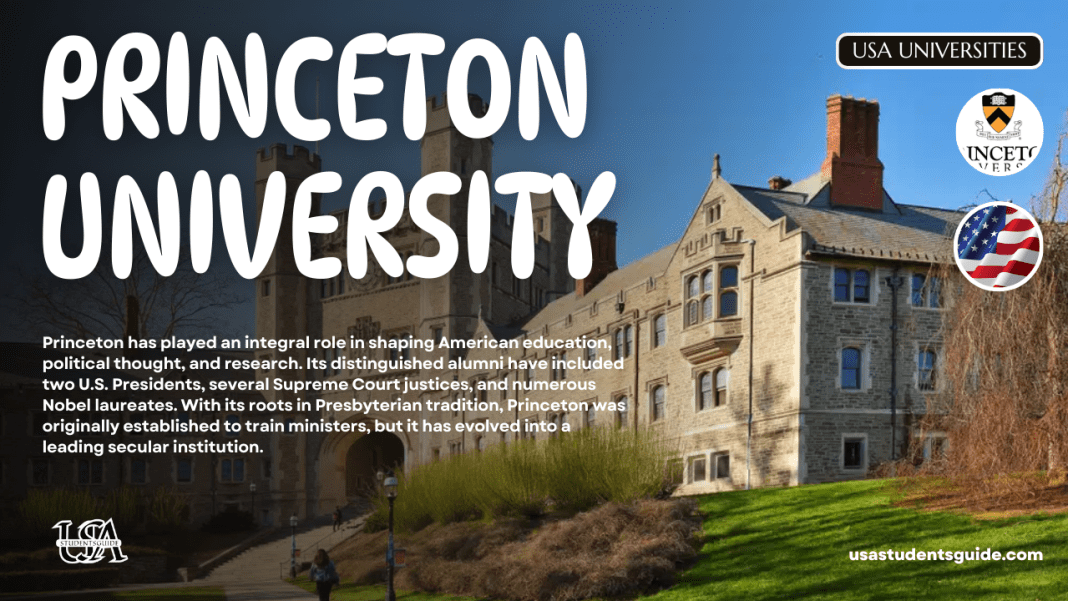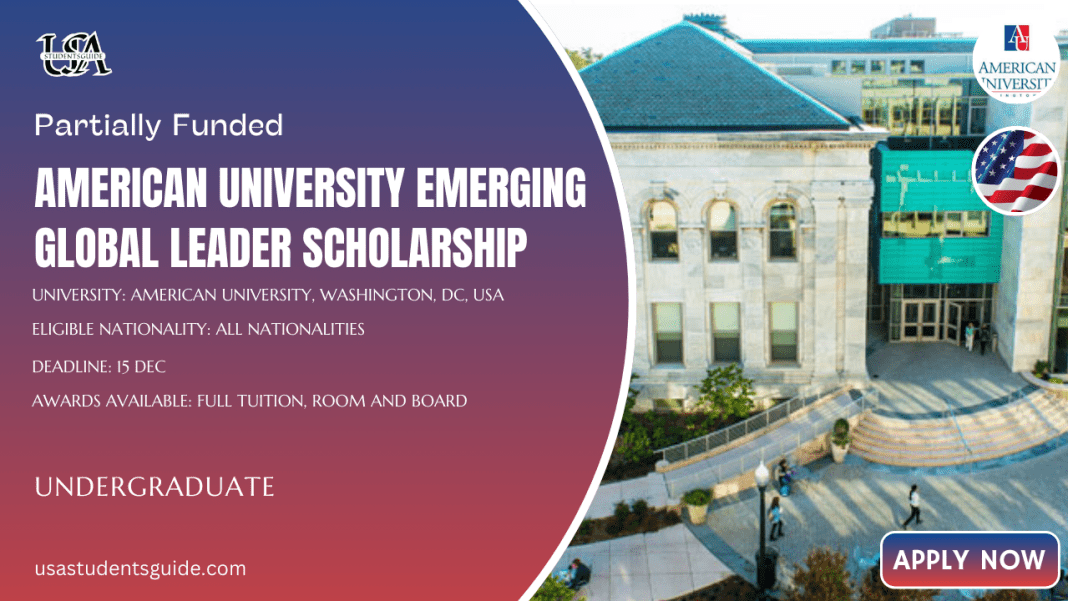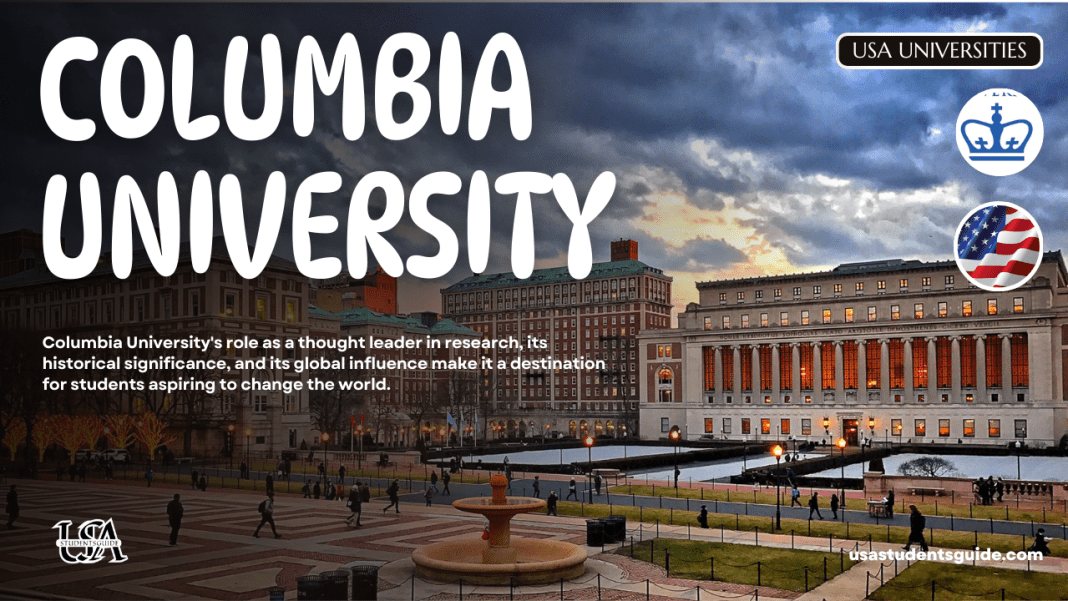Summary
- Founded: 1746
- Location: Princeton, New Jersey, USA
- Type: Private Ivy League research university
- Motto: “Dei Sub Numine Viget” (Under God’s Power She Flourishes)
- Endowment: $37 billion (as of 2023)
- Campus Size: 600 acres
- Academic Structure: Divided into two main schools:
- Undergraduate College
- Graduate School
- Popular Programs: Public and International Affairs, Economics, Computer Science, Engineering, Literature, and History
History and Background
Founded in 1746 as the College of New Jersey, Princeton is the fourth-oldest institution of higher education in the United States. Initially located in Elizabeth and later Newark, it moved to its current location in Princeton, New Jersey, in 1756. The institution was renamed Princeton University in 1896 to reflect its expanded scope beyond undergraduate education.
Princeton has played an integral role in shaping American education, political thought, and research. Its distinguished alumni have included two U.S. Presidents, several Supreme Court justices, and numerous Nobel laureates. With its roots in Presbyterian tradition, Princeton was originally established to train ministers, but it has evolved into a leading secular institution.
Location and Campus
Princeton University is located in the picturesque town of Princeton, New Jersey, halfway between New York City and Philadelphia. This strategic location allows students to access major urban centers while enjoying a tranquil, ivy-covered campus. The town of Princeton offers a blend of history, culture, and intellectual vibrancy.
Princeton’s 600-acre campus is renowned for its Collegiate Gothic architecture, manicured lawns, and historical landmarks like Nassau Hall, which briefly served as the U.S. Capitol in 1783. The campus also includes:
- Firestone Library, one of the largest university libraries in the world
- Princeton University Art Museum, housing over 92,000 works of art
- The Lewis Center for the Arts, a hub for visual arts, dance, and creative writing
The serene campus environment fosters academic focus while offering a close-knit, vibrant community.
Academic Excellence
Princeton University is consistently ranked among the top universities in the world, renowned for its rigorous academic programs, distinguished faculty, and research output. The university offers undergraduate and graduate programs across a wide range of disciplines, with particular strengths in:
- Public and International Affairs (through the renowned Princeton School of Public and International Affairs)
- Economics
- Computer Science
- Engineering
- Humanities (including English, History, and Philosophy)
Princeton’s unique undergraduate focus distinguishes it from other Ivy League schools. With a low student-to-faculty ratio (approximately 5:1), students benefit from close interactions with professors, many of whom are leaders in their fields. A hallmark of Princeton’s academic structure is the senior thesis, a major independent research project required of all undergraduates.
Princeton’s graduate school also offers highly competitive Ph.D. programs in natural sciences, social sciences, engineering, and the humanities, contributing to the university’s global research profile.
Student Life and Diversity
Princeton fosters a vibrant and diverse student community, with around 8,500 students enrolled, including 5,500 undergraduates and 3,000 graduate students. International students make up approximately 12% of the undergraduate population and 42% of the graduate population, representing more than 100 countries.
Student life at Princeton is centered around residential colleges, which provide housing and a sense of community. Princeton students are also active in over 300 student organizations, ranging from academic societies to performing arts groups and athletic teams. The university is part of the Ivy League athletic conference and has a long tradition of excellence in sports.
Diversity and inclusion are key priorities at Princeton, with various cultural organizations, initiatives for underrepresented groups, and support services for first-generation students. The Carl A. Fields Center for Equality and Cultural Understanding and the LGBT Center are notable hubs for promoting diversity and community engagement.
Admissions and Scholarships
Admissions at Princeton are highly selective, with an acceptance rate of approximately 5.7% for the Class of 2027. The university evaluates applicants holistically, considering academic achievement, extracurricular activities, leadership potential, and personal qualities. A strong emphasis is placed on intellectual curiosity and community involvement.
Key application requirements include:
- High school transcripts with a strong academic record
- SAT or ACT scores (Princeton has been test-optional for recent admission cycles)
- Two teacher recommendations
- A school report and counselor recommendation
- Personal essays, including the Princeton Supplement
Princeton is need-blind for all applicants, including international students, and offers a robust financial aid program. The university’s no-loan policy ensures that financial aid packages do not include loans, allowing students to graduate debt-free. More than 60% of Princeton undergraduates receive financial aid, and the university meets 100% of demonstrated financial need.
Princeton’s Contribution to Research and Innovation
Princeton University has made numerous contributions to research and innovation, particularly in fields like physics, economics, public policy, and engineering. Its commitment to research is reflected in its annual research budget of over $340 million.
Key research centers include:
- Princeton Plasma Physics Laboratory (PPPL), a U.S. Department of Energy national lab that conducts cutting-edge research in nuclear fusion
- Princeton Neuroscience Institute (PNI), advancing the understanding of brain function and behavior
- Andlinger Center for Energy and the Environment, focusing on sustainable energy solutions and environmental protection
Princeton faculty have also played a significant role in shaping global policy and economics. The university has produced 29 Nobel laureates, many of whom have been recognized for their contributions to fields such as economics, chemistry, and physics.
Notable Alumni
Princeton’s alumni network includes some of the most influential leaders in government, business, science, and the arts. Some of the university’s most famous alumni include:
- Woodrow Wilson: 28th President of the United States
- James Madison: 4th President of the United States and “Father of the Constitution”
- Michelle Obama: Former First Lady of the United States
- Jeff Bezos: Founder and Executive Chairman of Amazon
- Alan Turing: Pioneering mathematician and computer scientist
- Elena Kagan: U.S. Supreme Court Justice
These alumni reflect Princeton’s legacy of shaping leaders who make a global impact across various sectors.
Global Impact and Rankings
Princeton University consistently ranks among the top universities globally. In 2024, Princeton was ranked #1 in the U.S. News & World Report for the 13th consecutive year. It is also highly regarded in global rankings, often placed within the top 10 in the QS World University Rankings and Times Higher Education rankings.
Princeton’s global influence extends beyond its rankings, with its research contributions, policy impact, and alumni leadership helping shape key global issues. Princeton faculty are involved in important international collaborations on climate change, global health, and economic policy, making the university a vital player in addressing global challenges.
How to Apply as an International Student
International students applying to Princeton follow the same admissions process as U.S. applicants, with additional requirements for English language proficiency. TOEFL, IELTS, or PTE Academic scores are required for non-native English speakers.
Application steps for international students:
- Complete the Common Application or Coalition Application, including the Princeton Supplement.
- Submit official transcripts and a school report.
- Provide two teacher recommendations.
- Submit SAT/ACT scores (optional for recent cycles).
- English language proficiency test results, if applicable.
Princeton is need-blind for international students and offers the same comprehensive financial aid as it does for U.S. students.
Why Princeton?
Princeton offers a unique combination of academic rigor, intellectual curiosity, and a strong sense of community. With its emphasis on undergraduate education, students benefit from unparalleled faculty access, a close-knit residential experience, and opportunities for interdisciplinary learning.
Princeton’s commitment to research and its financial aid policies ensure that students from all backgrounds have the resources and support needed to excel. Its legacy of leadership, influence in public policy, and impact on global research make Princeton a top choice for students seeking a transformative educational experience.
Princeton University stands as a global leader in education, research, and leadership. Its contributions to the world through groundbreaking research, a robust intellectual environment, and a commitment to diversity make it one of the most prestigious institutions in the world.
With its focus on developing future leaders and its dedication to addressing the world’s most pressing challenges, Princeton remains an unparalleled institution for those seeking academic excellence and global impact.



